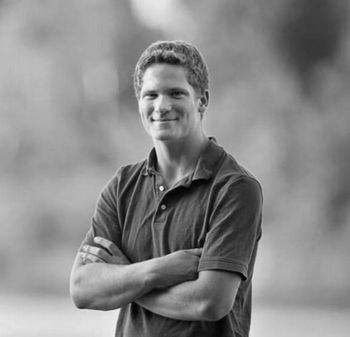Catholic university calls 'White Privilege' America's 'original sin'
One panelist insisted that “white privilege is an aspect of sinning in very much a Catholic sense.”
In a recent virutal event, Sacred Heart University explained to students how "white privilege" is a sin.
In an hour-long panel at Sacred Heart University, the term “white privilege was mentioned more than forty times and discussed from “systemic” historical, sociological, and psychological perspectives.
During part of the Catholic university’s “White Privilege is the Problem: Wrestling with the Legacy of America’s ‘Original Sin’” panel, seven panelists shared what white privilege is, how white privilege “perpetuates racism and racial injustice,” and what can be changed.
“....White privilege is systemic and made up of all those institutional advantages that white people enjoy over people of color solely because white people are white,” said Michelle Loris, an associate dean and Catholic studies chair at SHU and moderated of the discussion.
[RELATED: Academic department calls on Penn State to require ‘structural racism’ courses]
“In short, white privilege assumes that white lives matter more than Black lives” said the associate dean.
Loris concluded pointing out white people may be “uncomfortable” with upcoming statements, but emphasized the importance that white people “sit in our discomfort so that we are forced to...wrestle with this legacy of white privilege,” in order to “change ourselves.”
Jennifer McLaughlin, a history professor, claimed that Thomas Jefferson, in the Declaration of Independence, did not intend to communicate that “all men being created equal applied to all men,” and said that the document made “white men the example of what it means to be an American citizen.”
The next panelist spoke about the sinful nature of white privilege and how it breaks “the fabric of the social justice network” and is “a freely willed exercise of a disordered soul.” June-Anne Greely, an associate professor of languages and Catholic studies further shared that “tough questioning has to come for all those good people...who would immediately say ‘I’m not racist.’”
She also explained that “white privilege is an aspect of sinning in very much a Catholic sense.”
Julie Lawrence, the school’s Executive Director of Diversity and Inclusion, was asked to share her “experience as a Black woman.”
Lawrence shared that, while growing up, she “never really thought about privilege” because people she spent time with were “evolved.” She later added that “racism and white privilege is pretty much what makes America what it is at this point in time.”
Toward the panel’s end, Loris spoke about possible discomfort by White Americans who were approached about privilege saying they have to give up the idea that “I think I’m superior” or “think I’m entitled.”
Just before concluding, Lawrence posed questions for White Americans “about being more conscious and being an ally,” including “how do I comfort my raging heart in a sea of racial ignorance and violence?”
WATCH:
Follow the author of this article on Twitter: @SergeiKelley

